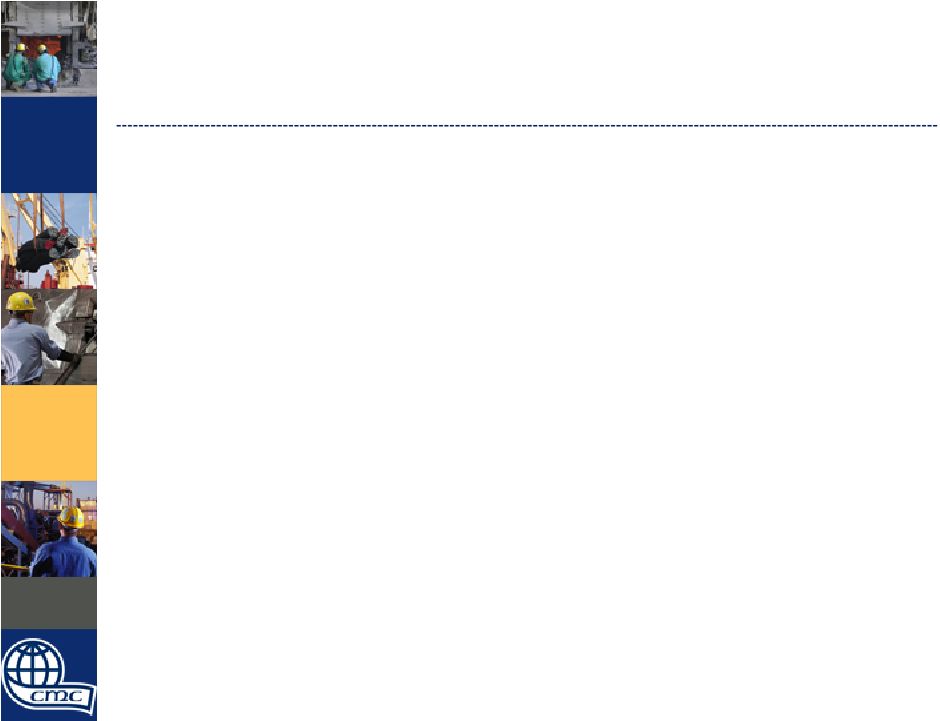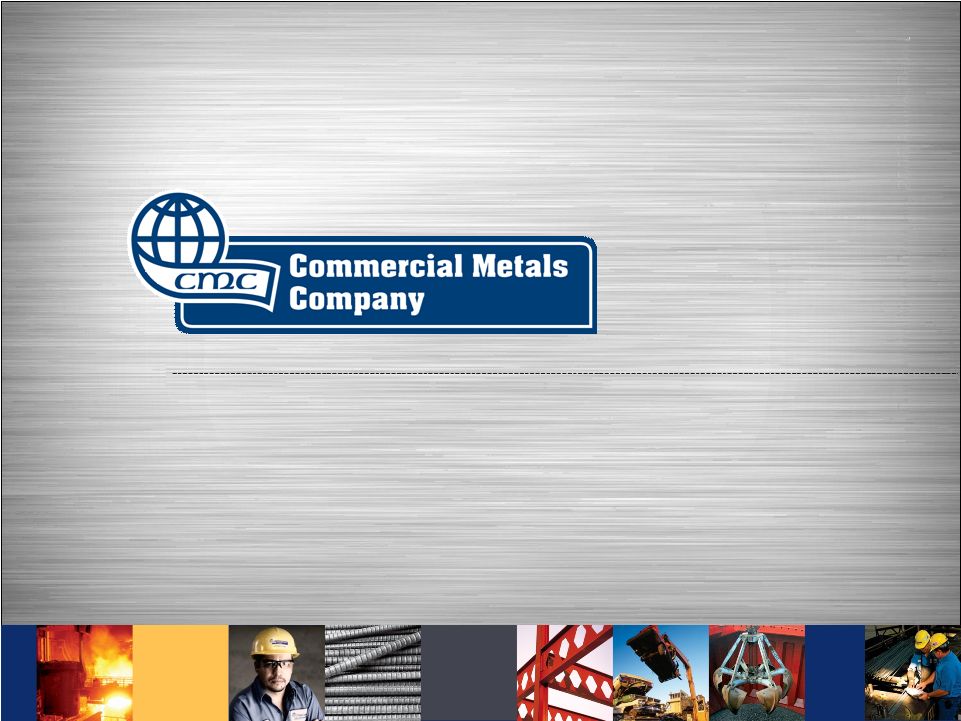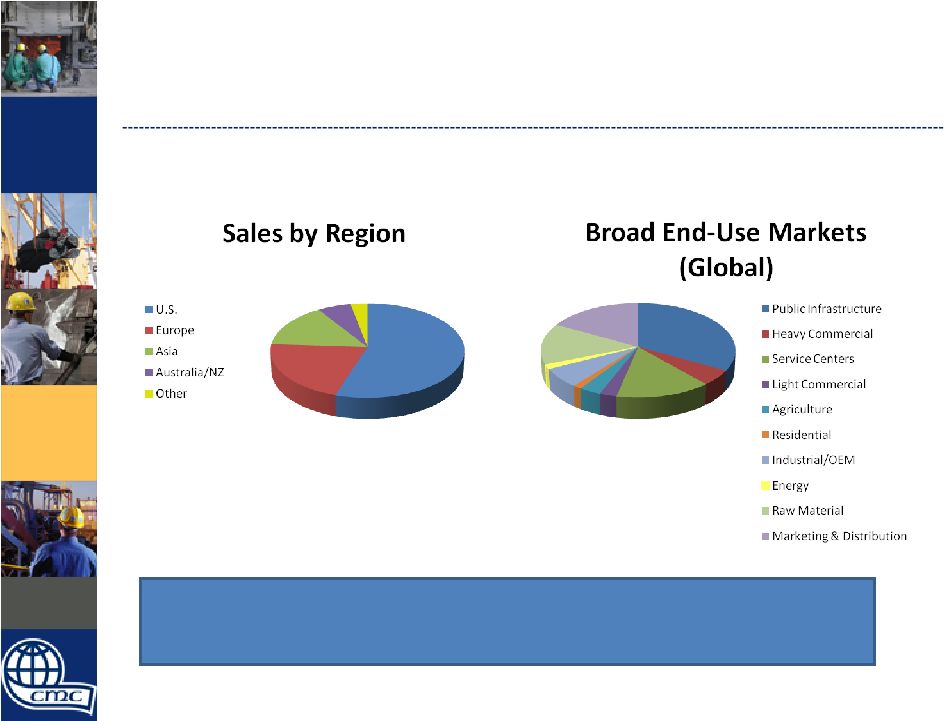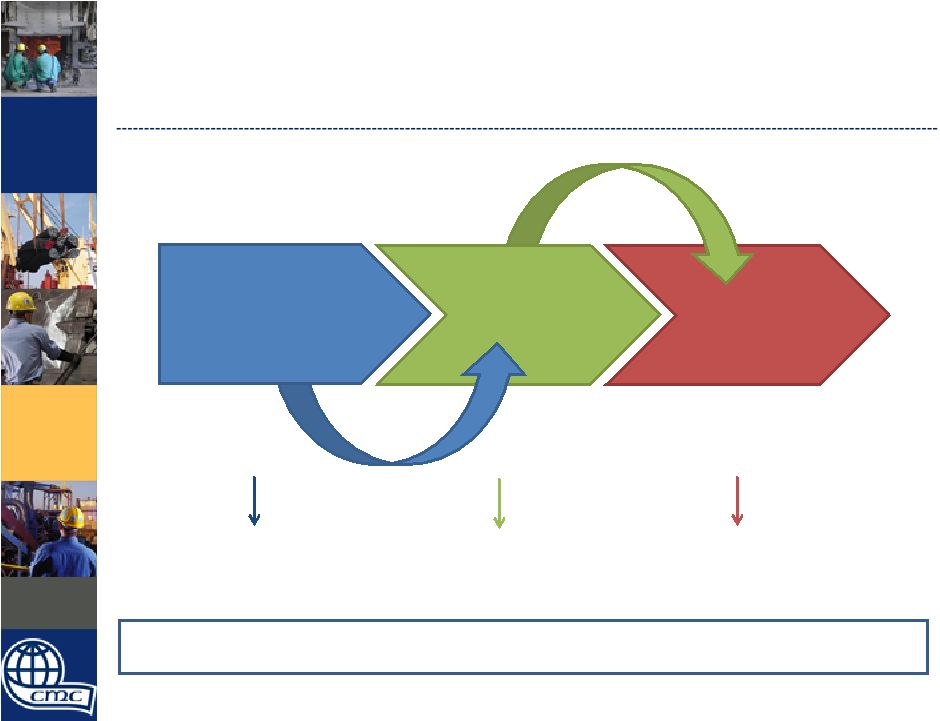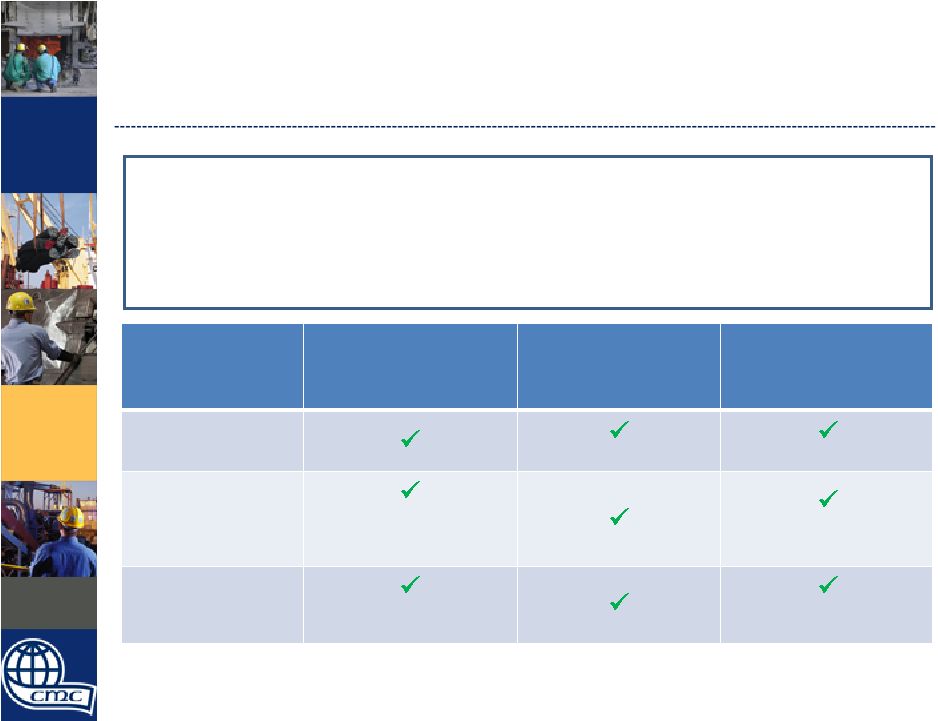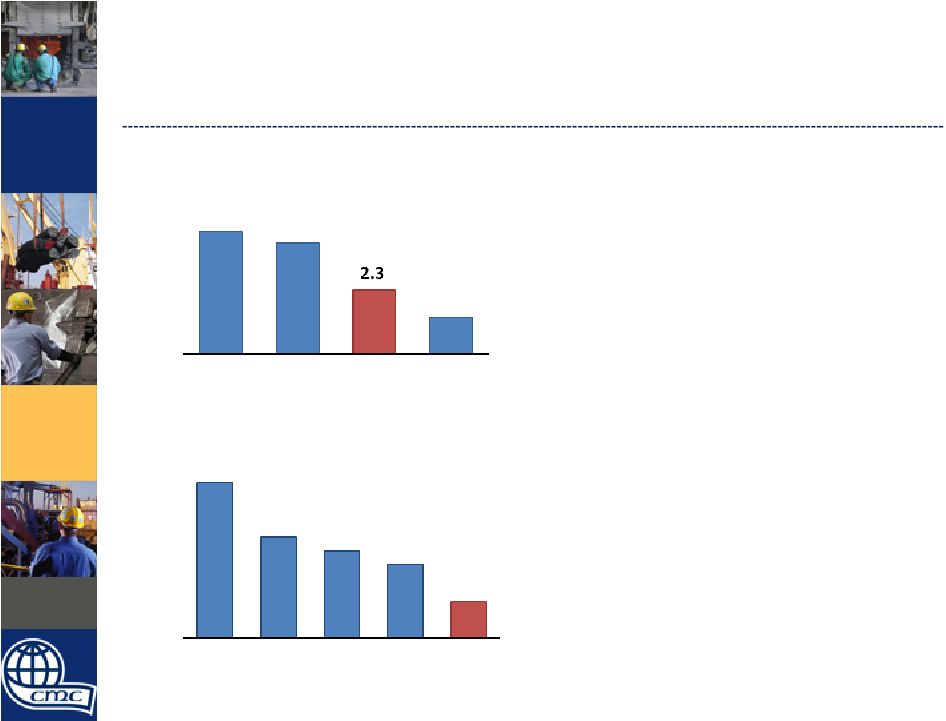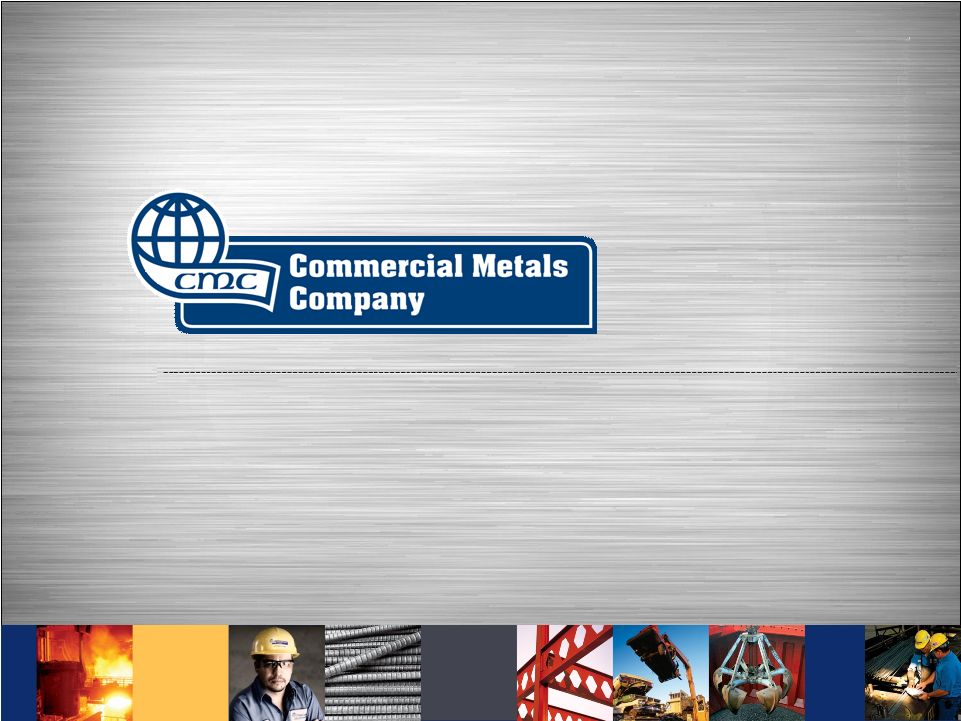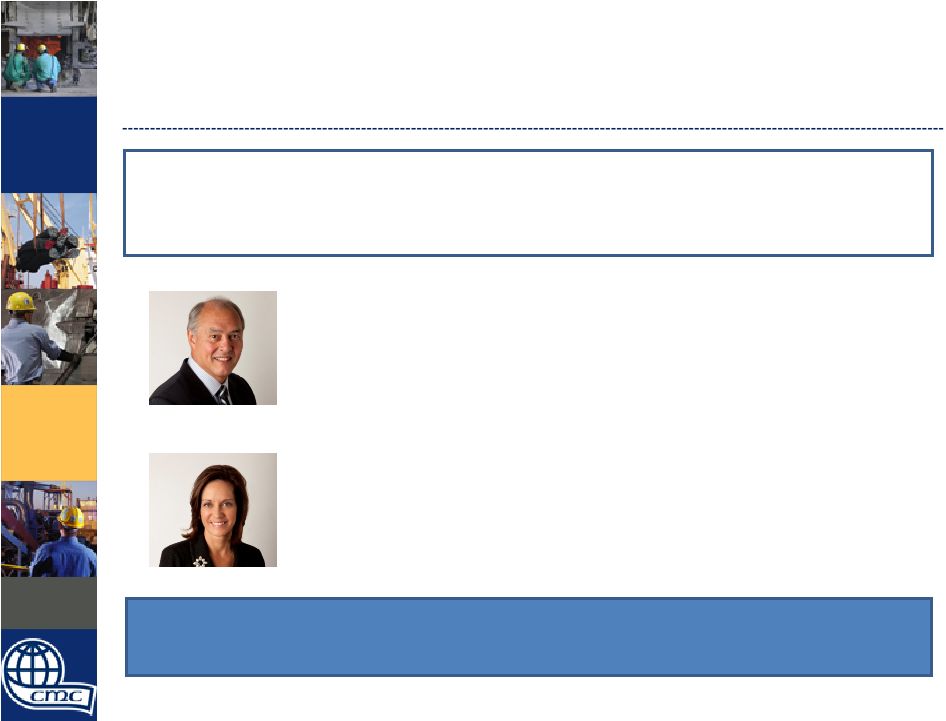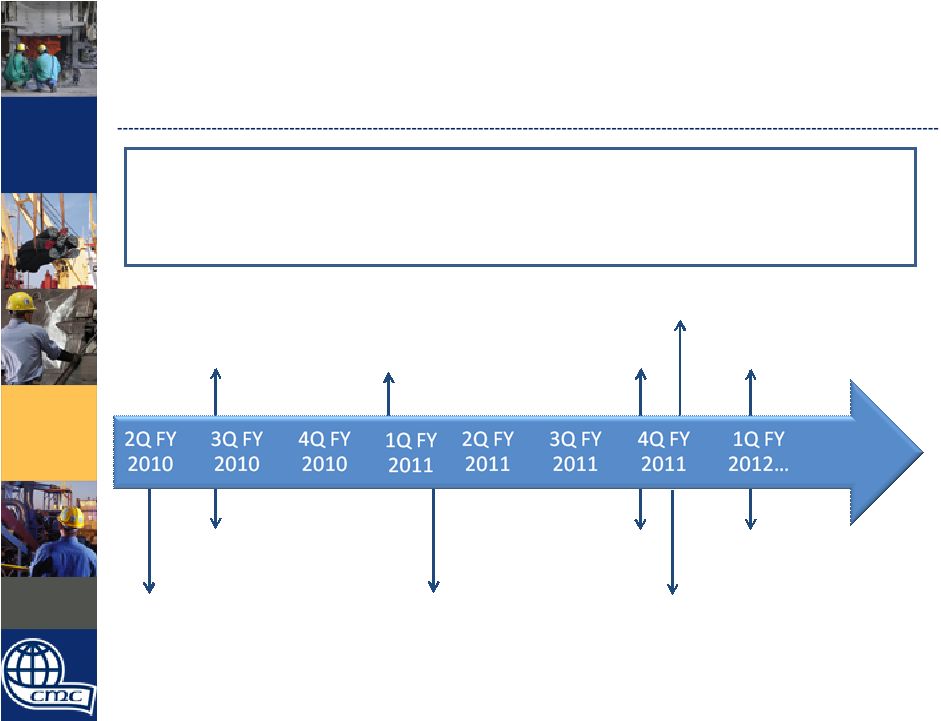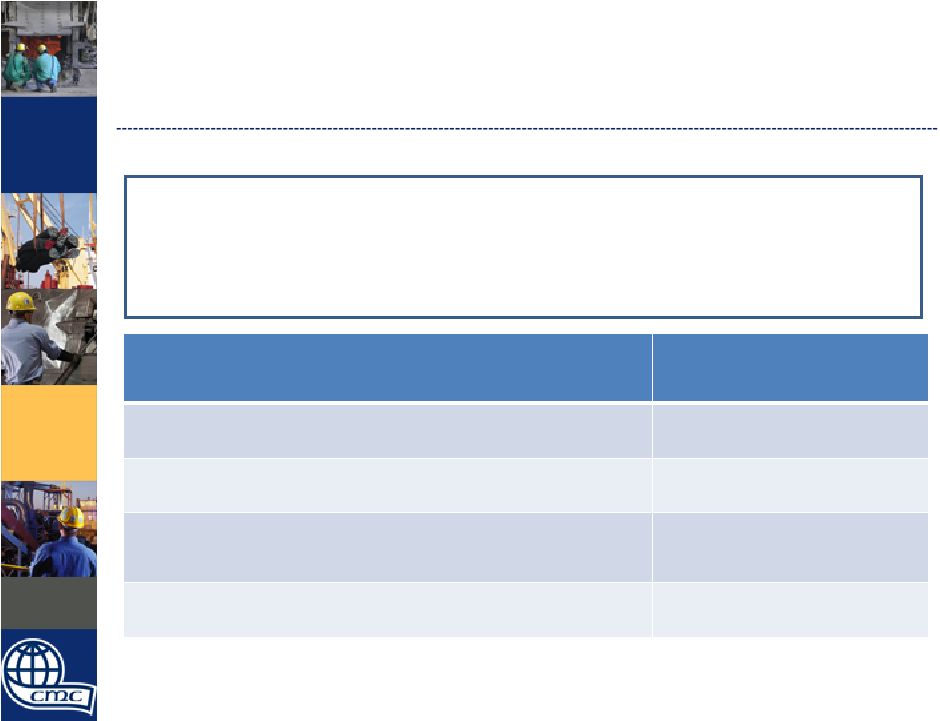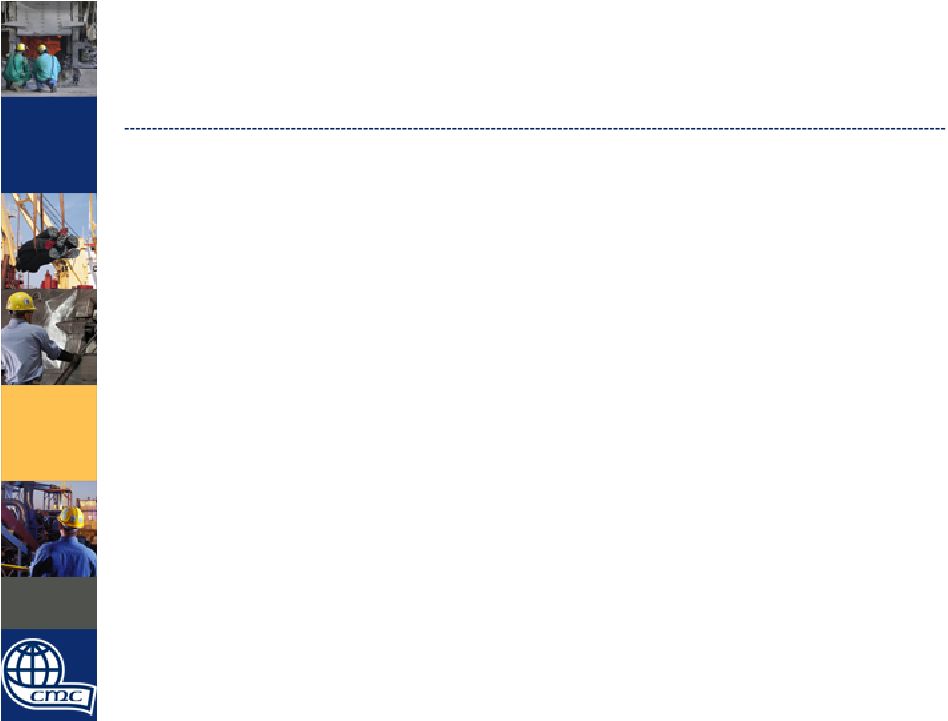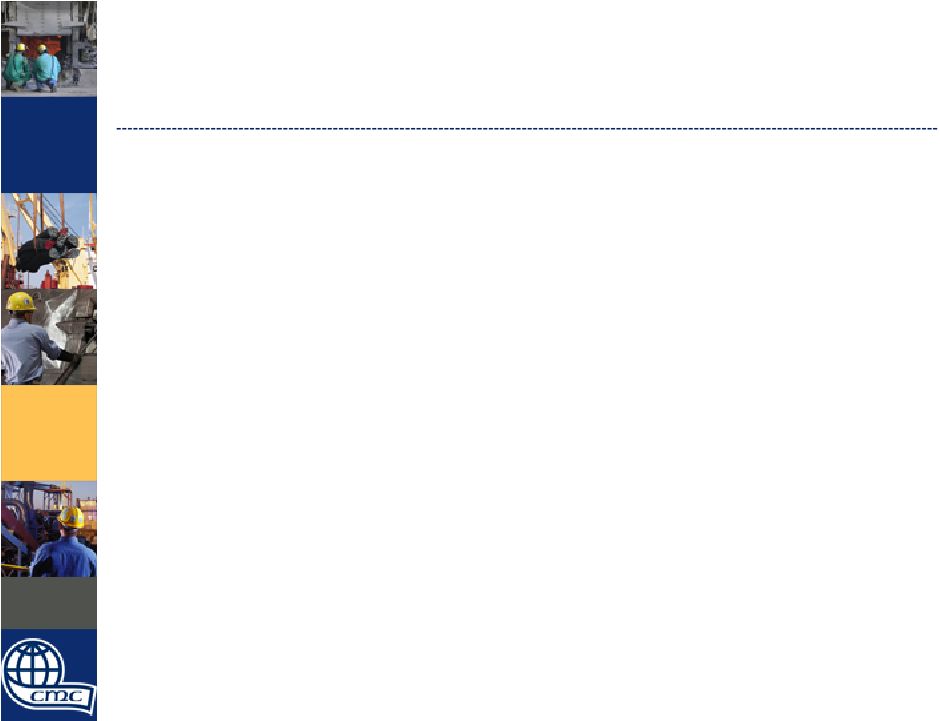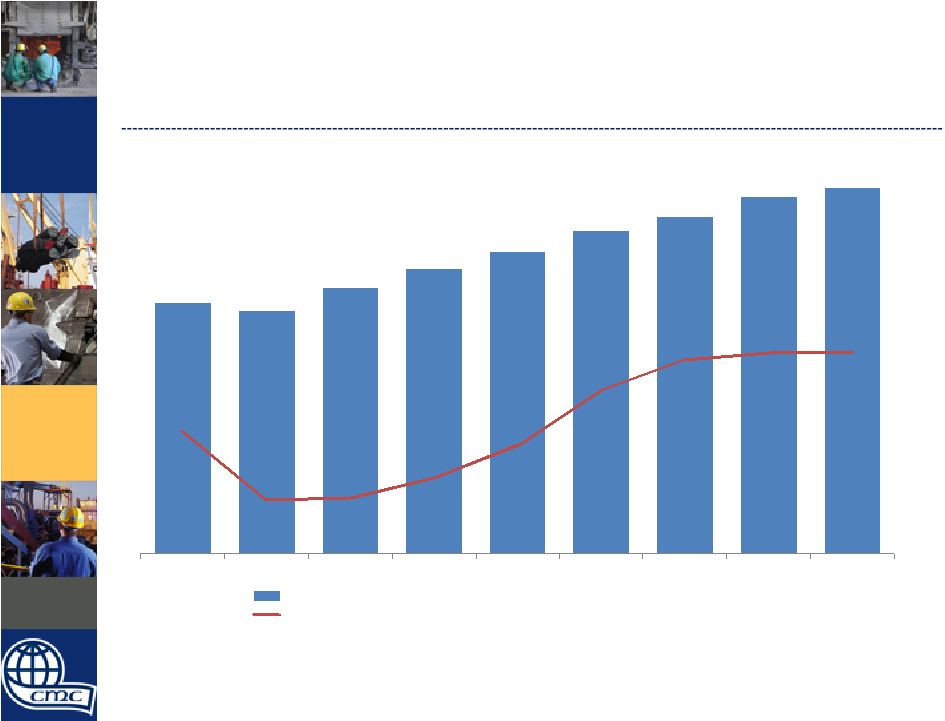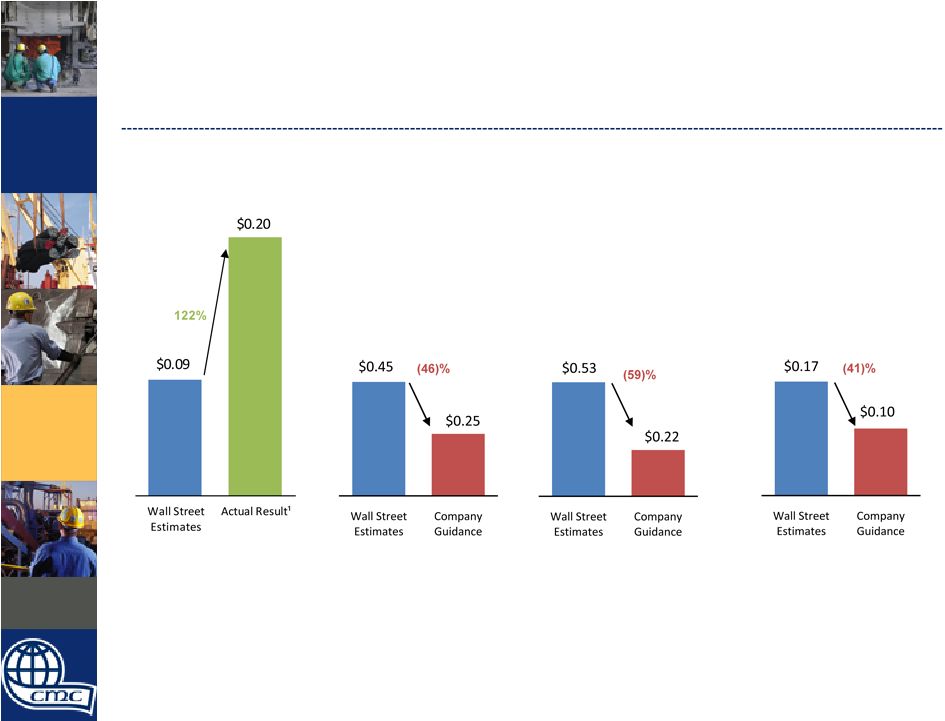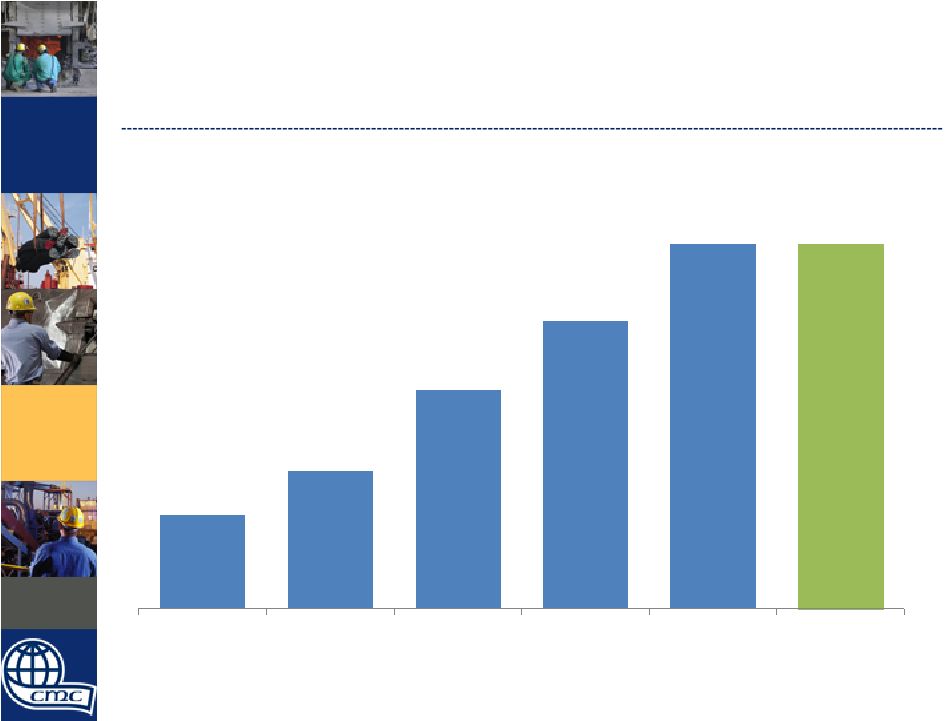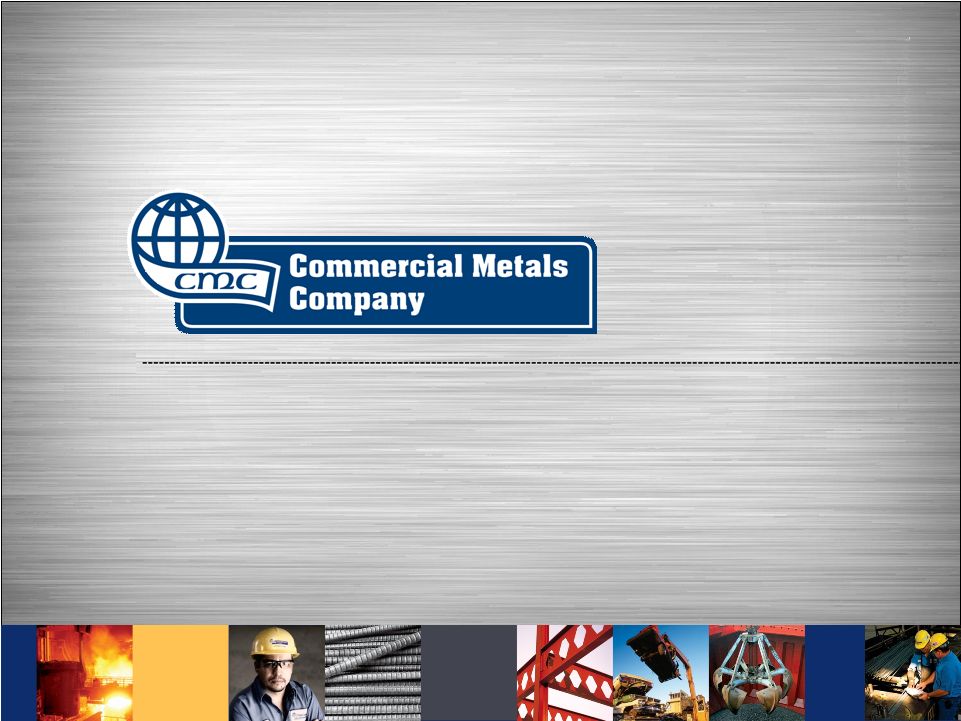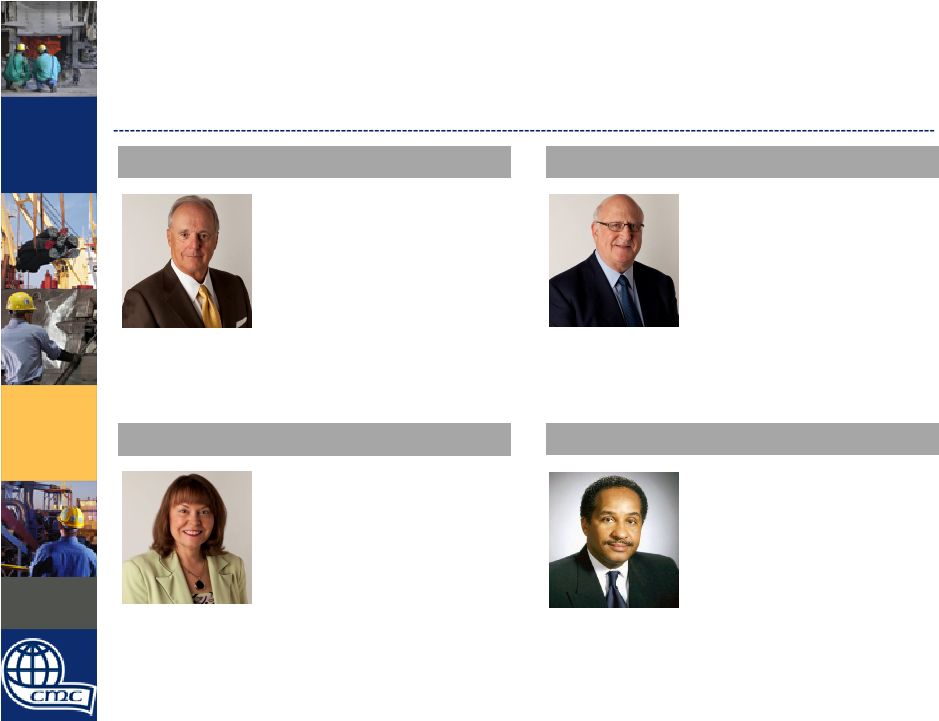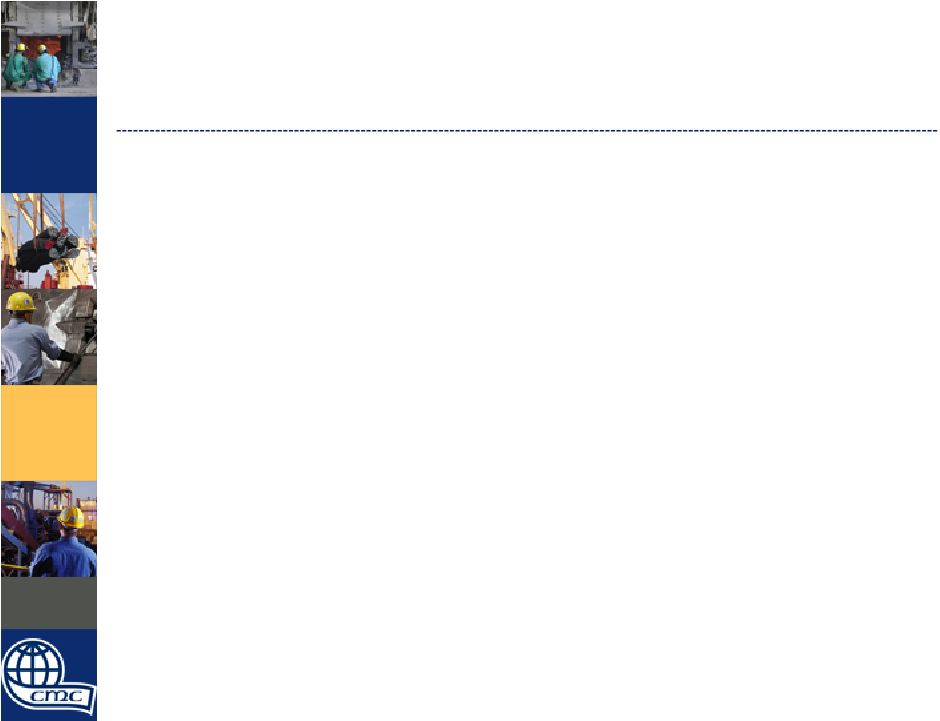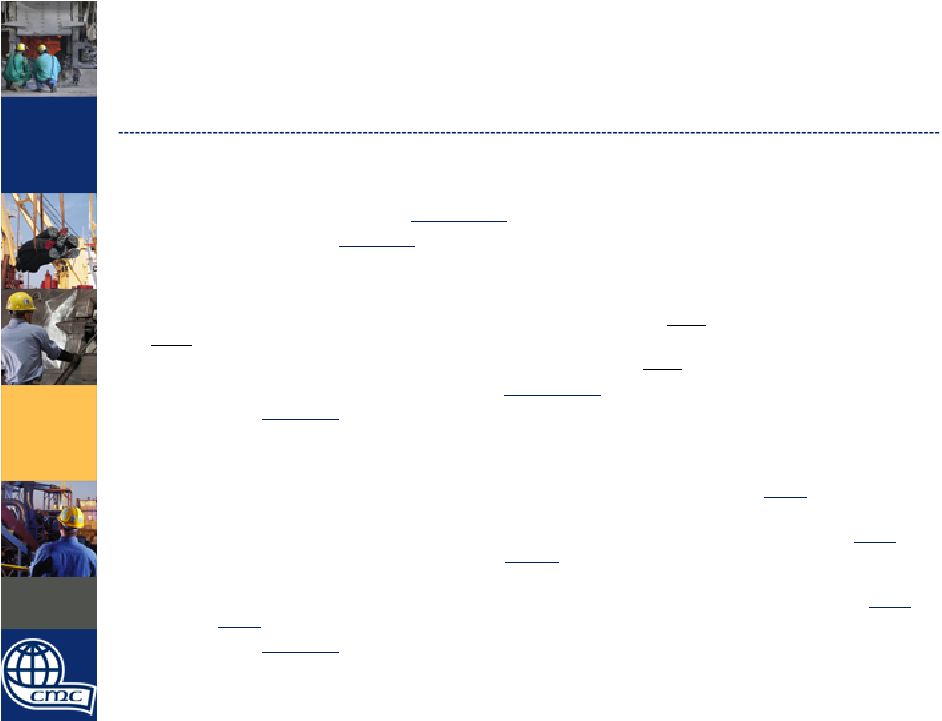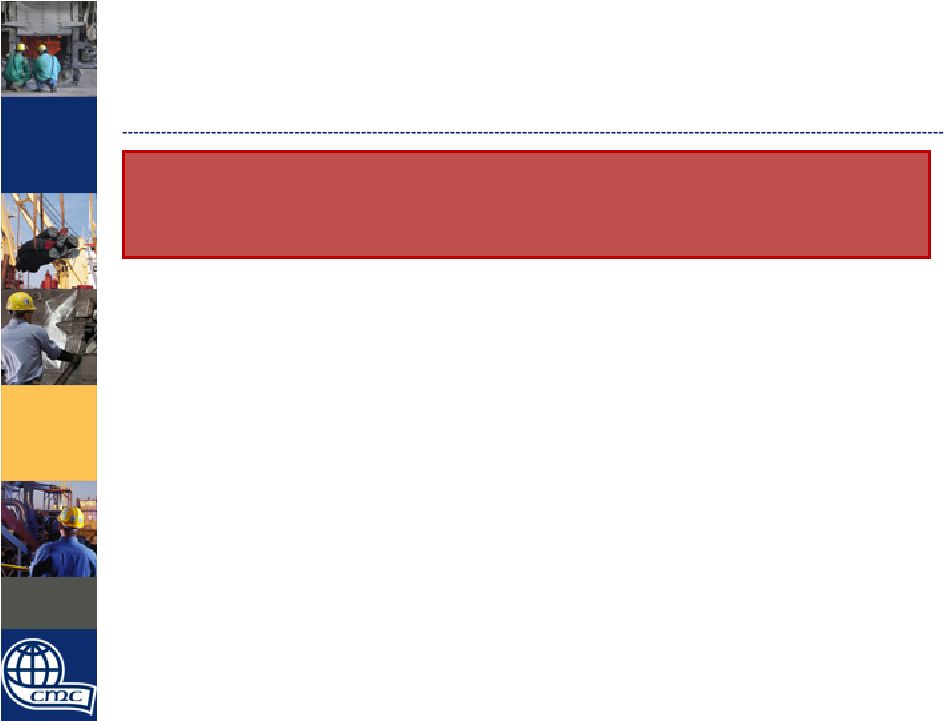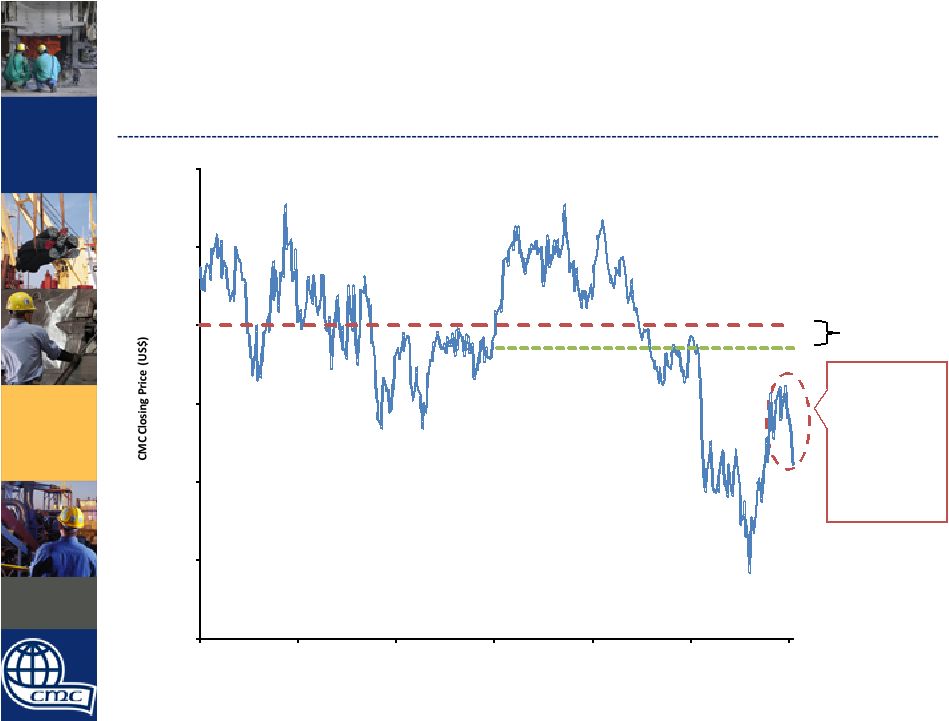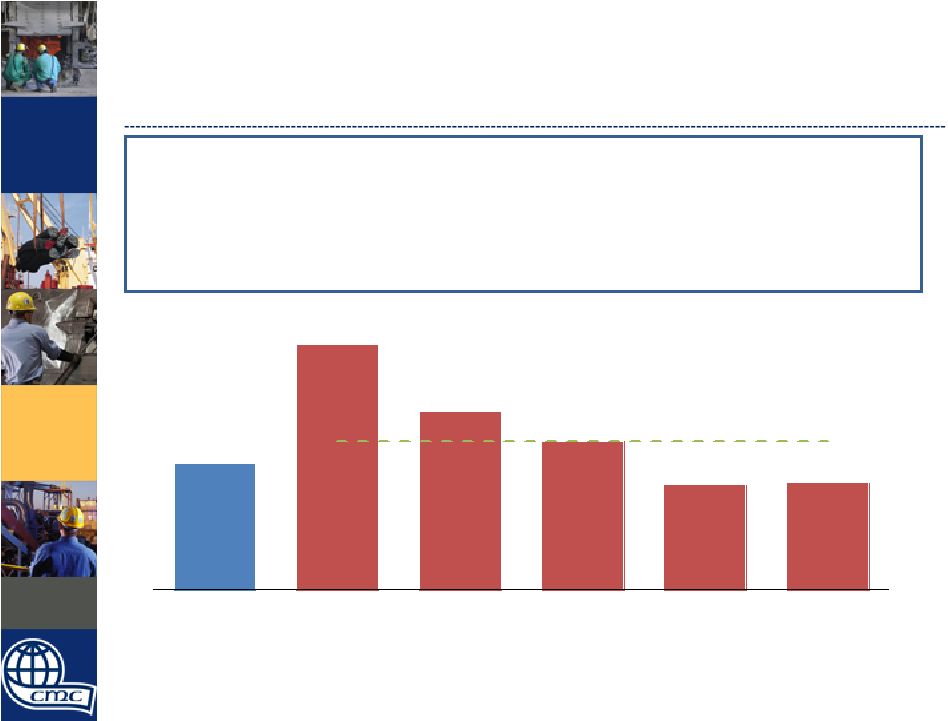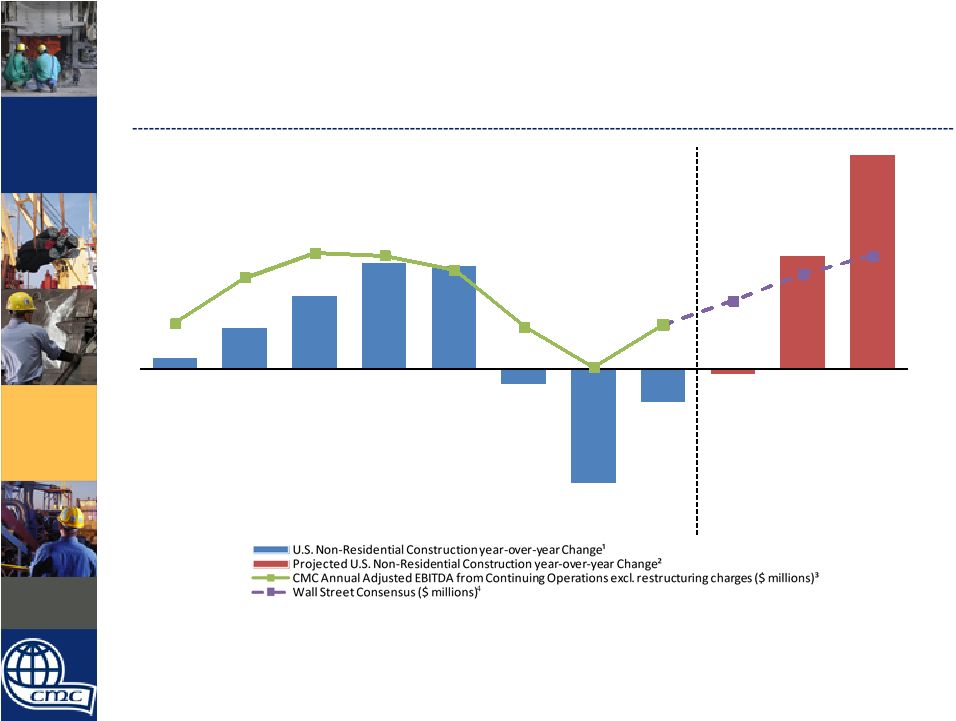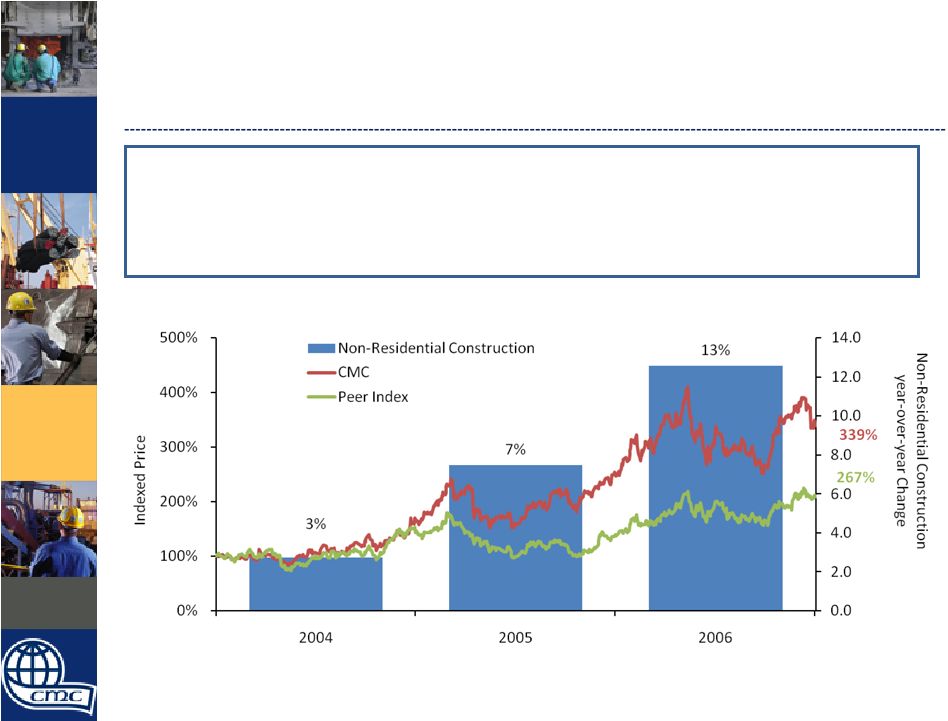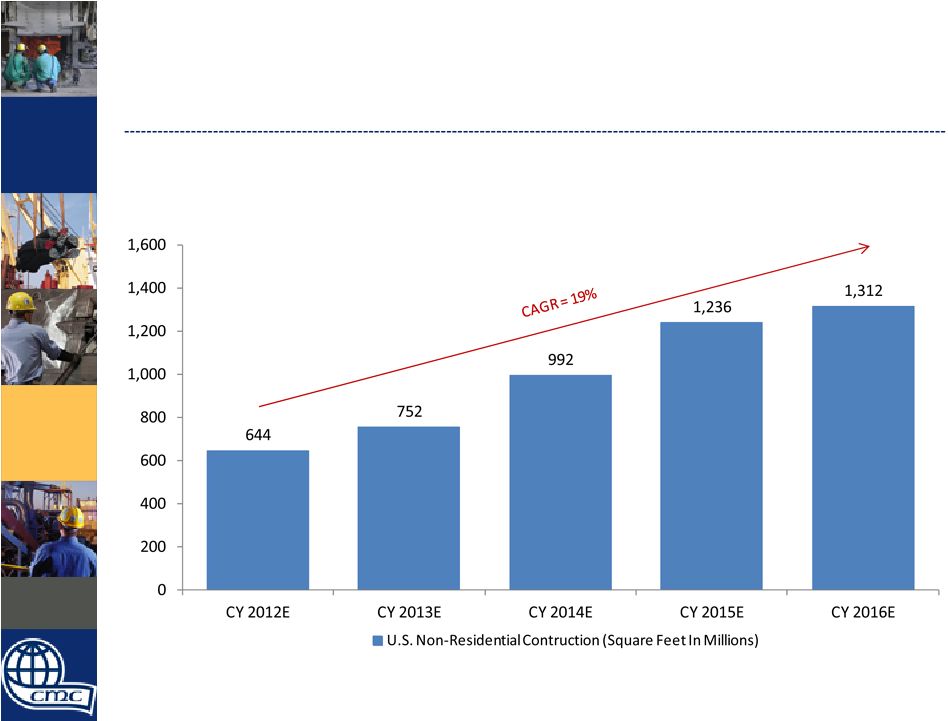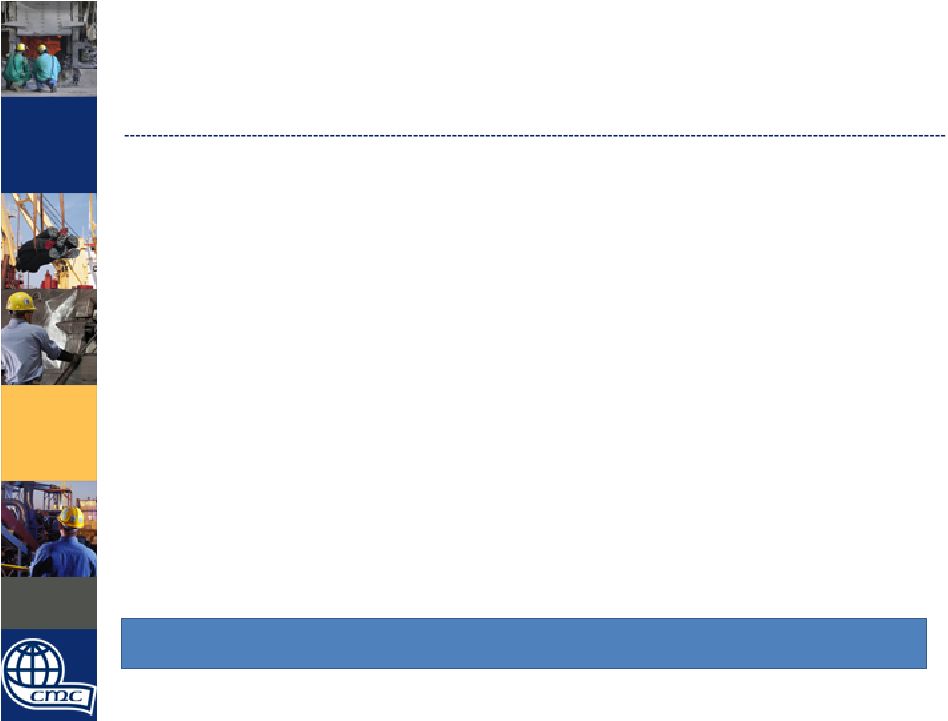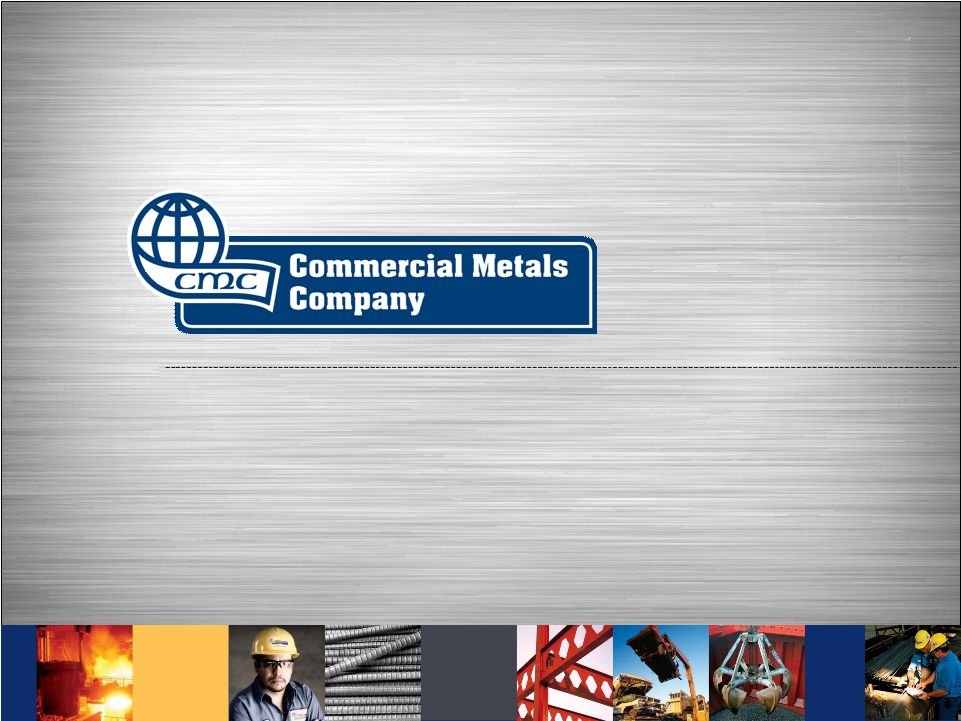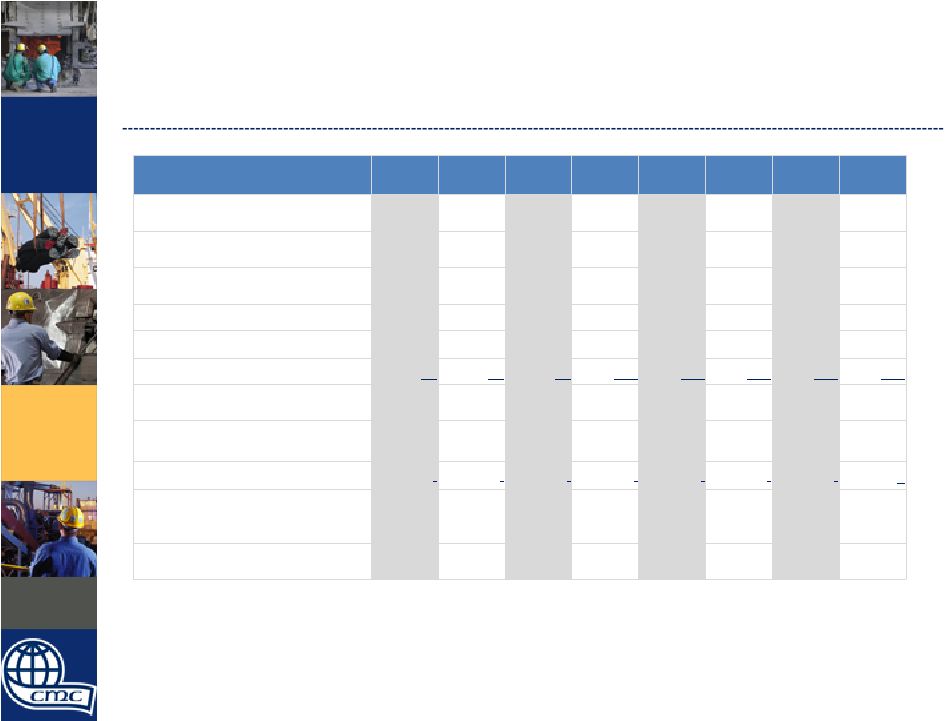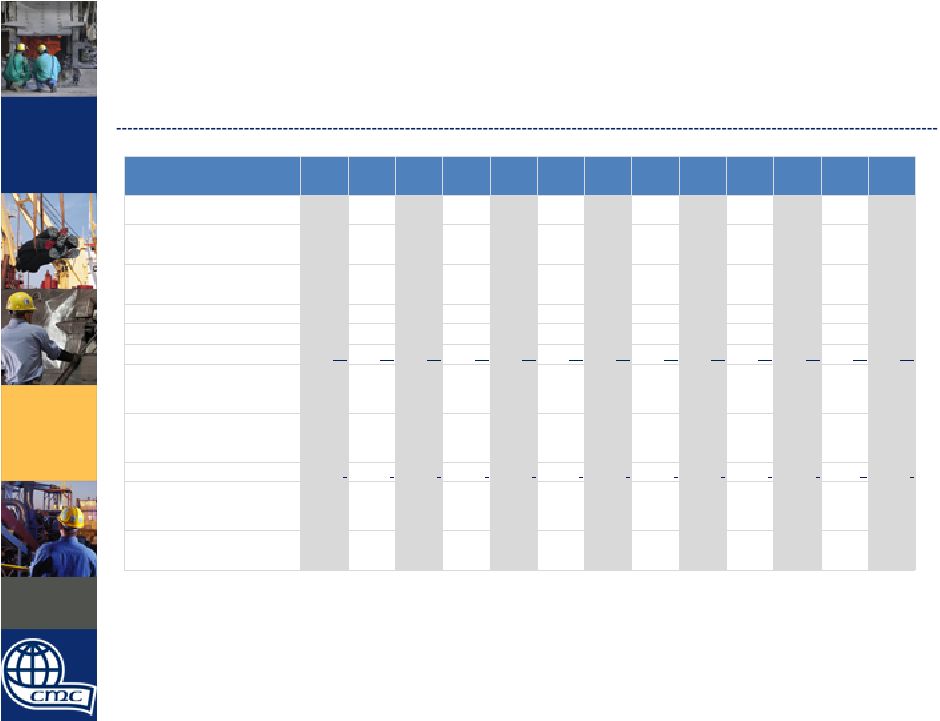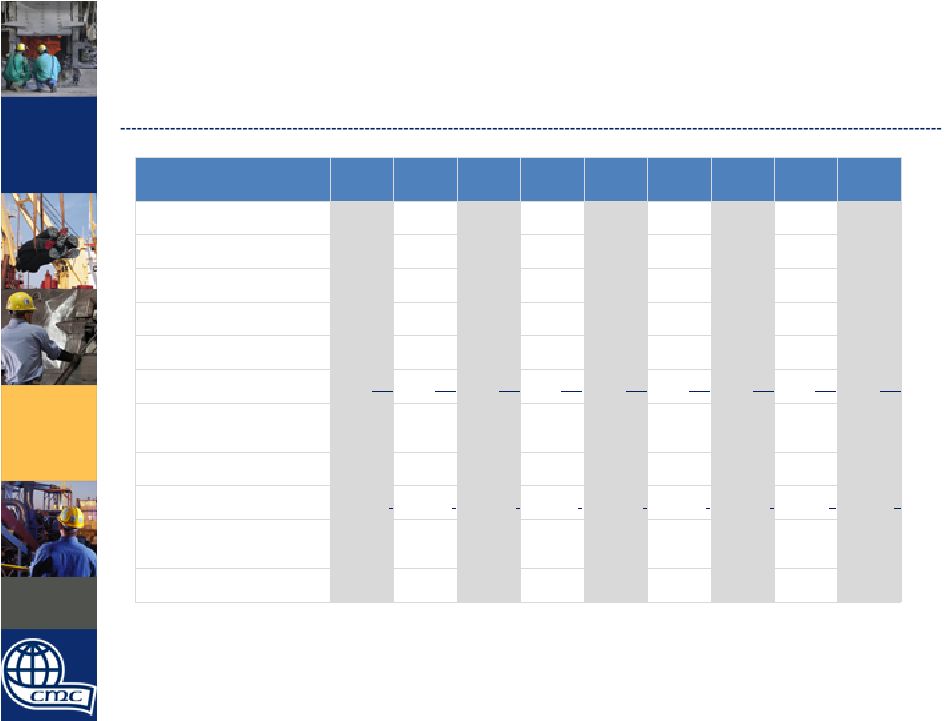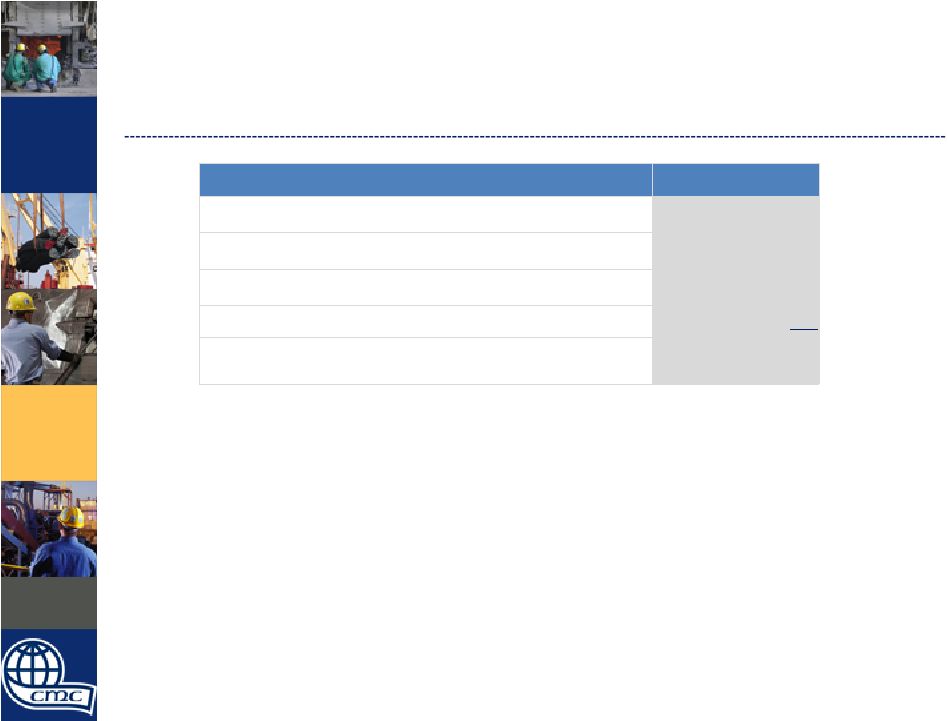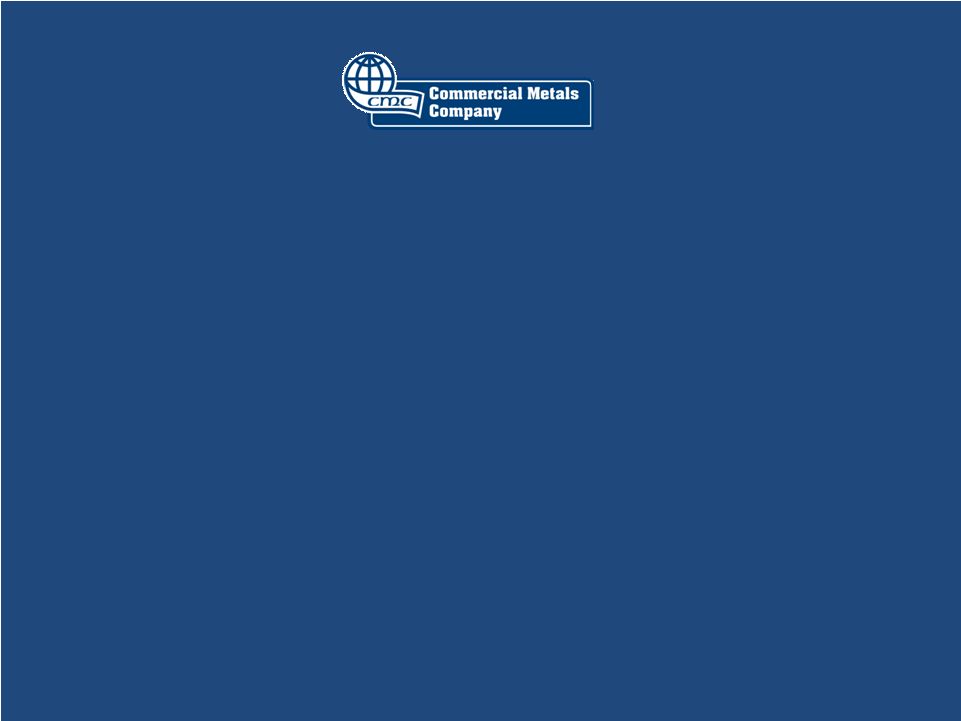Cautionary Statements This written and verbal presentation may contain forward-looking statements regarding the outlook for the Company’s financial results, including net earnings (loss), operating profit (loss), economic conditions, credit availability, product pricing and demand, currency valuation, production rates, interest rates, inventory levels, margins, acquisitions, construction and operation of new facilities and general market conditions. These forward-looking statements generally can generally be identified by words such as “expects,” “anticipates,” “believes,” “estimates,” “intends,” “plans to,” “ought,” “could,” “will,” “should,” “likely,” “appears,” “projects,” “forecasts,” or other similar words or phrases. There are inherent risks and uncertainties in any forward-looking statement. Although the Company believes that its expectations are reasonable, it can give no assurance that these expectations will prove to have been correct, and actual results may vary materially. Except as required by law, the Company undertakes no obligation to update, amend or clarify any forward-looking statements to reflect events, new information or otherwise. Developments that could impact the Company's expectations include the following: absence of global economic recovery or possible recession relapse; solvency of financial institutions and their ability or willingness to lend; success or failure of governmental efforts to stimulate the economy, including restoring credit availability and confidence in a recovery; continued sovereign debt problems in Greece and other countries within the euro zone and other foreign zones; customer non-compliance with contracts; construction activity or lack thereof; decisions by governments affecting the level of steel imports, including tariffs and duties; litigation claims and settlements; difficulties or delays in the execution of construction contracts resulting in cost overruns or contract disputes; metals pricing over which the Company exerts little influence; increased capacity and product availability from competing steel minimills and other steel suppliers, including import quantities and pricing; execution of cost minimization strategies; ability to retain key executives; court decisions and regulatory rulings; industry consolidation or changes in production capacity or utilization; global factors, including political and military uncertainties; currency fluctuations; interest rate changes; availability and pricing of raw materials including scrap metal, energy, insurance and supply prices; passage of new, or interpretation of existing, environmental laws and regulations; severe weather, especially in Poland; the pace of overall economic activity, particularly in China; and business disruptions, costs and future events related to the tender offer and proxy contest initiated by Carl C. Icahn and affiliated entities. | 

